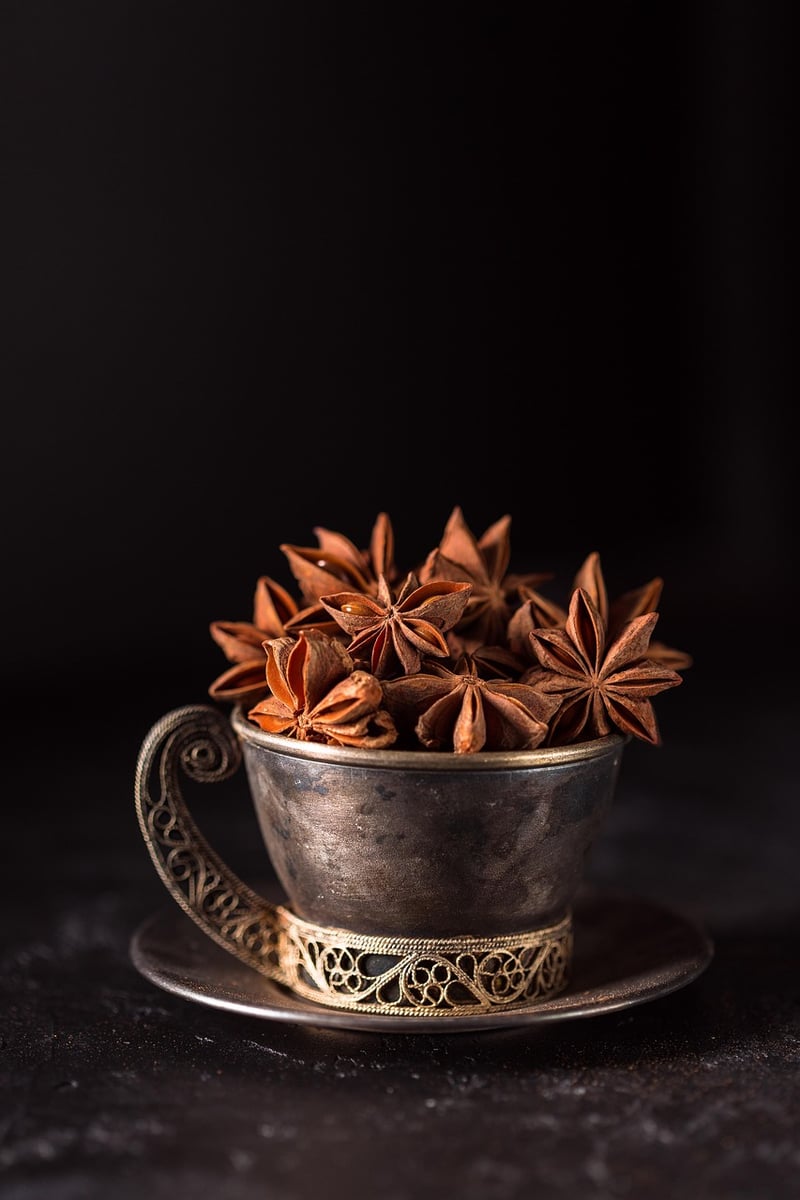Exotic Spices
Exploring Essential Cooking Elements and Exotic Spices
Cooking is an art that involves combining various flavors, textures, and aromas to create delicious dishes. One of the key aspects of cooking is the use of essential elements such as herbs, spices, oils, and seasonings. In this article, we will delve into the world of essential cooking elements and explore some exotic spices that can take your culinary skills to the next level.
Essential Cooking Elements
Before we venture into the realm of exotic spices, let's first understand the importance of essential cooking elements:
- Herbs: Herbs like basil, parsley, thyme, and rosemary add freshness and depth to dishes.
- Spices: Spices such as cumin, paprika, cinnamon, and turmeric provide flavor and complexity to recipes.
- Oils: Olive oil, coconut oil, and sesame oil are essential for cooking and adding richness to dishes.
- Seasonings: Salt, pepper, garlic powder, and onion powder are basic seasonings that enhance the taste of food.
Exotic Spices to Elevate Your Dishes
Now, let's journey into the world of exotic spices that can add a touch of mystery and intrigue to your cooking:
- Saffron: Known as the world's most expensive spice, saffron adds a unique flavor and vibrant color to dishes.
- Cardamom: With its warm, citrusy flavor, cardamom is perfect for both sweet and savory recipes.
- Sumac: This Middle Eastern spice has a tangy, lemony flavor that brightens up salads, meats, and dips.
- Star Anise: Star anise has a strong licorice flavor and is commonly used in Asian cuisine and desserts.
Exploring these exotic spices can open up a world of culinary possibilities and add a unique flair to your dishes. Remember to use them in moderation to let their flavors shine through without overpowering the dish.
Enhance your cooking skills by experimenting with essential cooking elements and incorporating exotic spices into your recipes. Happy cooking!


